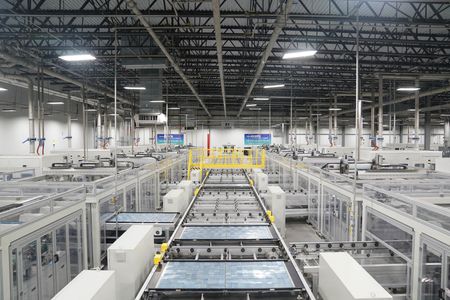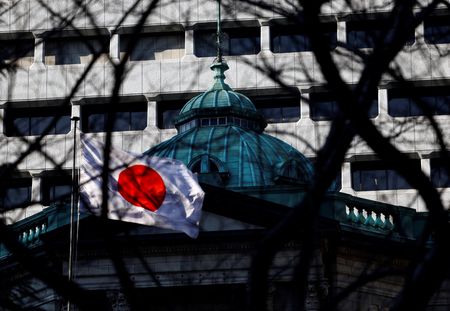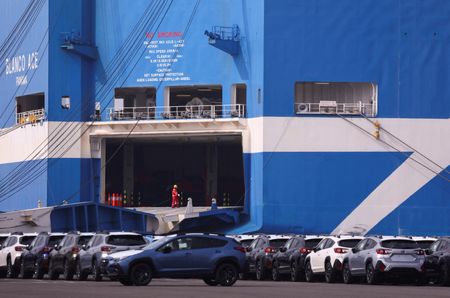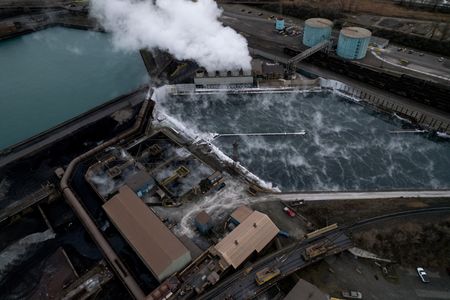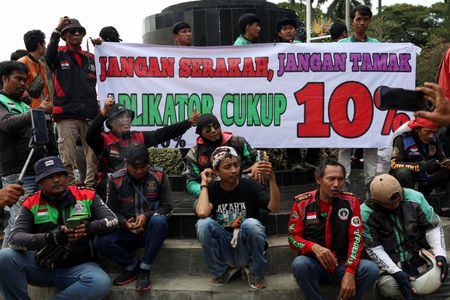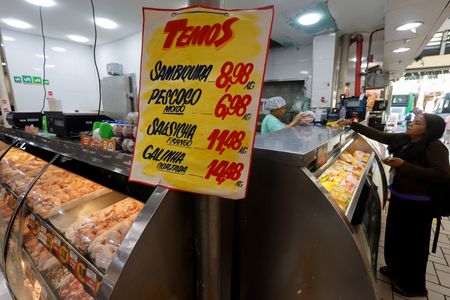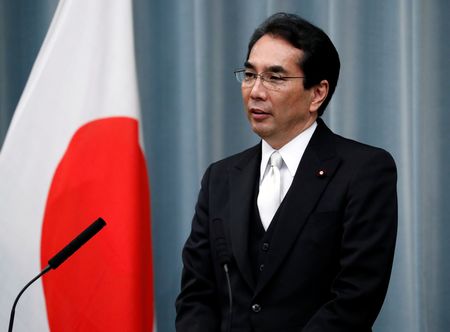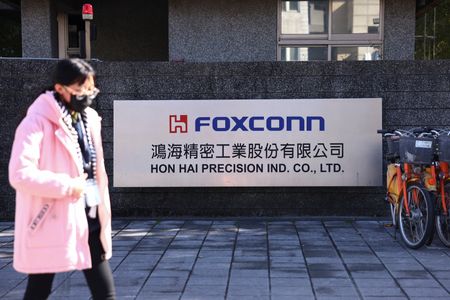By Nichola Groom
(Reuters) -The U.S. International Trade Commission determined on Tuesday that domestic solar panel makers were materially harmed or threatened by a flood of cheap imports from four Southeast Asian nations, bringing the United States a step closer to imposing stiff duties on those goods.
The “yes” vote by the three-member ITC means the Commerce Department will issue orders to enforce countervailing and anti-dumping tariffs on solar products imported from Malaysia, Thailand, Cambodia and Vietnam that the agency finalized last month.
The vote resolves a year-old trade case in which American manufacturers accused Chinese companies of flooding the market with unfairly cheap goods from factories in Southeast Asia. Since that time, President Donald Trump has pursued a broad strategy to impose tariffs on imported products to protect manufacturers of U.S.-made goods.
The Commerce Department cannot impose tariffs unless the ITC finds that the domestic industry was harmed or threatened by overseas rivals receiving unfair subsidies and dumping products in the U.S. market.
The outcome of the vote was posted in a brief notice on the ITC’s web site. It was not immediately clear how each commissioner voted.
The trade case was brought last year by Korea’s Hanwha Qcells, Arizona-based First Solar Inc and several smaller producers seeking to protect billions of dollars in investments in U.S. solar manufacturing.
“(Tuesday’s) vote leaves no doubt: these Chinese-headquartered companies have been violating trade laws by overwhelming the U.S. market with unfairly cheap, dumped and subsidized solar panels – and they continue to do so from third-party markets around the world, undermining U.S. industrial strategy and stunting new investment,” Tim Brightbill, the lead attorney for the petitioning group, the American Alliance for Solar Manufacturing Trade Committee, said in a statement.
“This cannot stand. Our growing American industry deserves – and now will have – the chance to compete fairly,” Brightbill said.
The vast majority of panels installed in the United States are imported from Asia.
In 2022, former President Joe Biden’s signature climate change law, the Inflation Reduction Act, created a tax credit for clean energy manufacturing, and more than 100 solar factories have been announced or expanded since then, according to the American Clean Power Association trade group.
A top U.S. solar trade group, the Solar Energy Industries Association, said new tariffs would actually harm domestic producers by increasing costs for panel buyers.
“(Tuesday’s) decision by the U.S. International Trade Commission is concerning for American solar manufacturers and the broader U.S. solar industry,” SEIA President Abigail Ross Hopper said in a statement. “The USITC’s final affirmative injury determination adds an additional layer of tariffs that will raise costs for the solar products American companies need to build projects and grow domestic manufacturing.”
(Reporting by Nichola Groom; Editing by Will Dunham)

